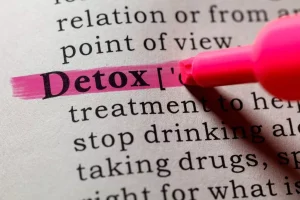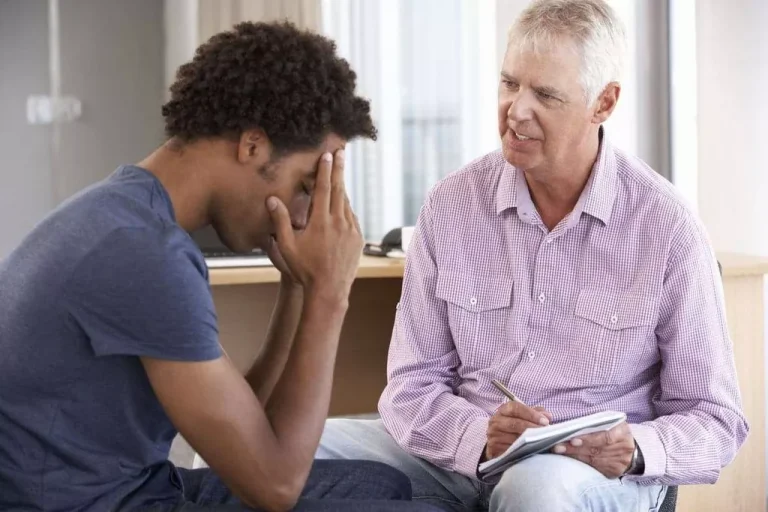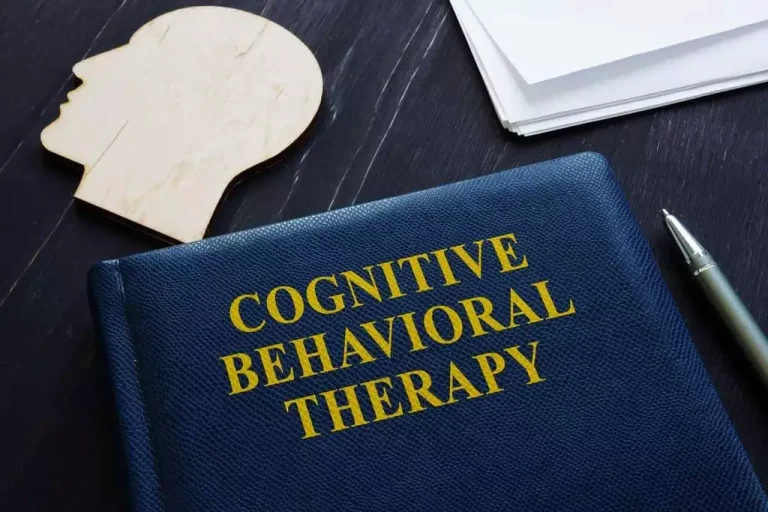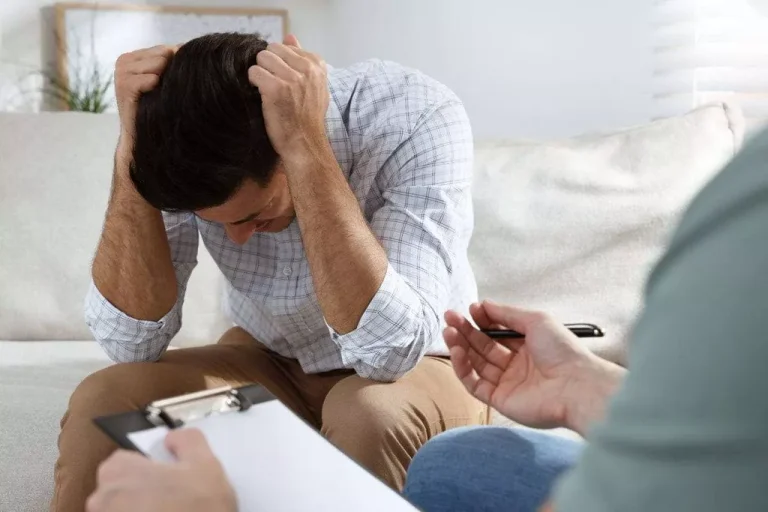
One glass of liquor drunk slowly over the course of an evening will be less dehydrating than having several beers or glasses of wine during the same time frame. Alcohol works as a diuretic largely because it suppresses the release of a hormone called vasopressin, which is also known as antidiuretic hormone. With less vasopressin in your system, the body excretes more water, which in turn causes you to pee more (2). Having a few drinks can be fun, but feeling dehydrated or hungover is not. It’s up does wine dehydrate you to you to decide if the pleasures of alcohol are worth the potential next-day effects.
Alcohol begins to build up in your bloodstream

On the other hand, wines with lower amounts of tannins, alcohol, and acidity are more sensitive to spoilage. White wines and rosés in particular are less likely to withstand environmental fluctuations. The same goes for natural wine, which typically has little to no preservatives like sulfur that would protect it from spoilage. You don’t want corks to get too dry, but it’s also bad if they get too wet.
Don’t drink on an empty stomach
Electrolytes, especially potassium and sodium, play a critical role in fluid balance and facilitate the movement of water into cells and tissues. These are substances that promote urine production, or diuresis. Dehydration is when the body does not have sufficient amounts of fluid to function effectively. Turns out, some Alcoholics Anonymous alcohols — and more accurately, how you drink them — can be less dehydrating that other booze-filled beverages. Some cocktails can take a toll on your hydration because of additional ingredients.
Does Alcohol Dehydrate You? Understanding The Health Risks

Alcohol — despite being a fluid — inhibits the release of vasopressin, an anti-diuretic hormone that rushes to our defense when our concentration of electrolytes rise above a certain level. Unless you’re a fan of dry mouth, nausea and hangover headaches, you’ll likely do anything to avoid alcohol dehydration symptoms.. The easiest way to do this is to stop dehydration before it starts — and, no, that doesn’t mean you have to give up happy hour altogether. Sugary and caffeinated drinks can have diuretic effects similar to alcohol, leading to further dehydration. So don’t mix your alcohol with these or drink them between alcoholic beverages. Alcohol can increase urine production, which can lead to dehydration.


In the absence of adequate amounts of solute, kidneys hang on to more free water, thereby diluting the sodium concentration in the blood. If you have mild dehydration symptoms (e.g., thirst, dry mouth, dark yellow urine, headache), simply drinking an ample amount of plain water will likely sufficiently restore your fluid balance. If you’ve been drinking and are experiencing alcohol dehydration symptoms, you need to restore your body’s fluid balance. Here’s how to rehydrate properly and recover from alcohol dehydration.
- Before we dive in, let me start by saying that I am not a medical professional.
- When your body can’t get rid of acetaldehyde quickly enough, you may experience your body getting rid of this substance the next morning (usually by vomiting) 5.
- Dehydration can also impact heart function, increasing the risk of heart attack or stroke, especially in people with pre-existing heart conditions.
- In fact, 10 grams of alcohol makes you produce 100 mL (3.38 fl. oz.) of urine 2.
“If you pair alcohol with another diuretic substance such as caffeine, you may naturally urinate more and become even more dehydrated,” Dr. Alexa Mieses Malchuk, M.D., a family physician, tells Bustle. So that espresso martini or Irish coffee might end up making you need the bathroom. Euphoria, relaxation, and other physical and mental changes are the result of alcohol’s impact on your central nervous system.
- Electrolytes, especially potassium and sodium, play a critical role in fluid balance and facilitate the movement of water into cells and tissues.
- Electrolytes can help direct water to where it’s most needed, and DripDrop has three times the electrolytes of a sports drink.
- However, even this may not help you avoid a harsh bout of dehydration.
- While the body’s intestines rapidly absorb alcohol, it is metabolized much more slowly.
- Spoiled wine is unlikely to pose serious health risks, especially if you can only manage to take a sip or two.
- The same 2016 study from the American Journal of Clinical Nutrition found that milk was more hydrating than water, sports drinks, coffee, tea, and a handful of other common beverages 6.
- This is something for athletes to be aware of, as it puts them at greater risk of pulling or straining their muscles.
- Alcohol restricts blood vessel dilation and increases heart rate, which explains why drinking can cause arrhythmia and elevated blood pressure.
- For example, an average bottle or glass of beer has an alcohol content concentration of three to seven percent.
- Your body has detectors that can sense both the saltiness of your water, and the volume of the water.
Some drinks are more dehydrating than others, but the amount of dry mouth you wake up with has more to do with alcohol volume, how much you drink per session, and what you combine with your favorite tipple. Alcohol works as a diuretic in your body, increasing urine output. It suppresses the action of vasopressin—a hormone that helps regulate the fluid balance in your body. Vasopressin sends signals from your brain to your kidneys to dictate how much fluid is removed from your body as urine.

